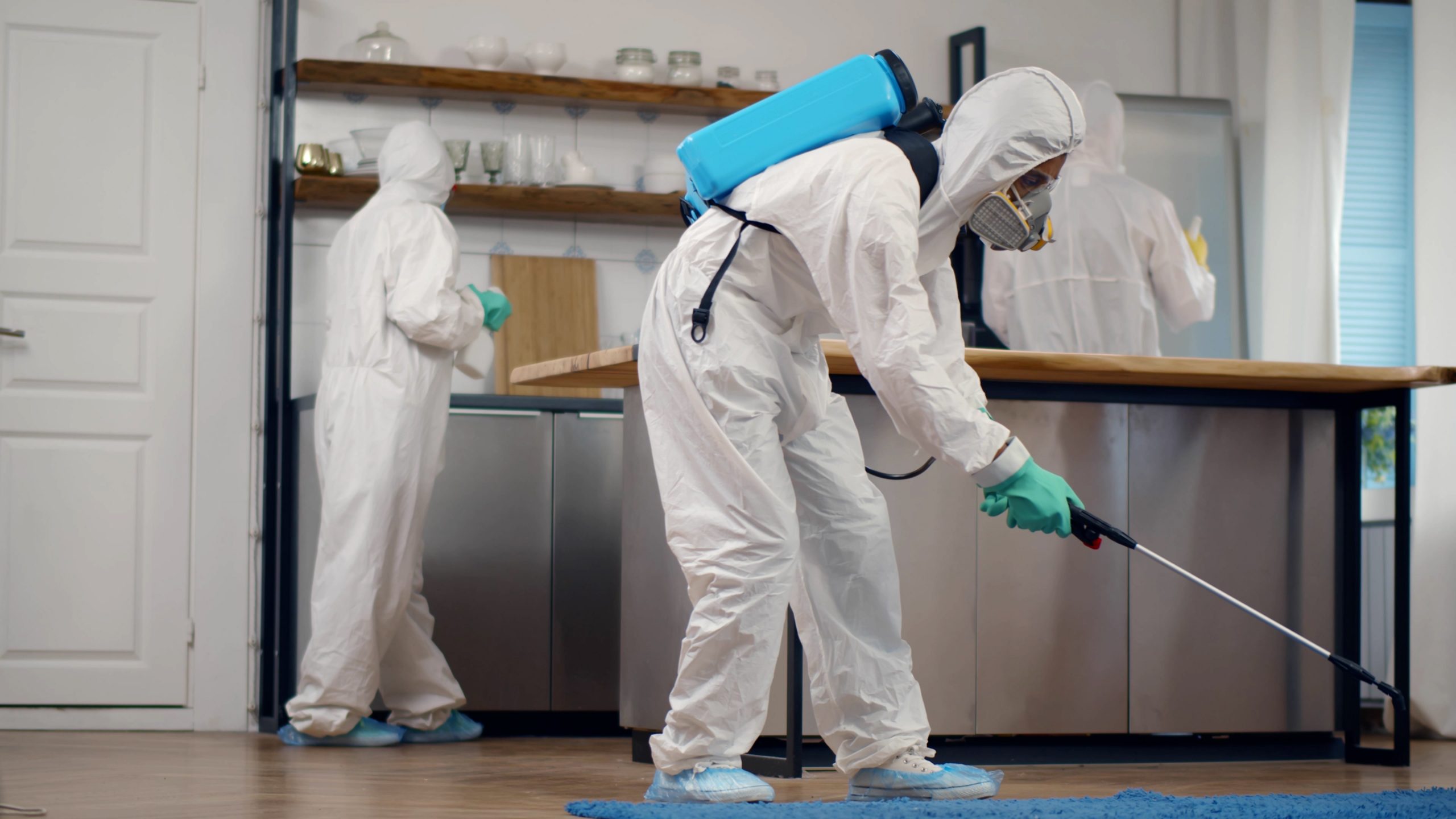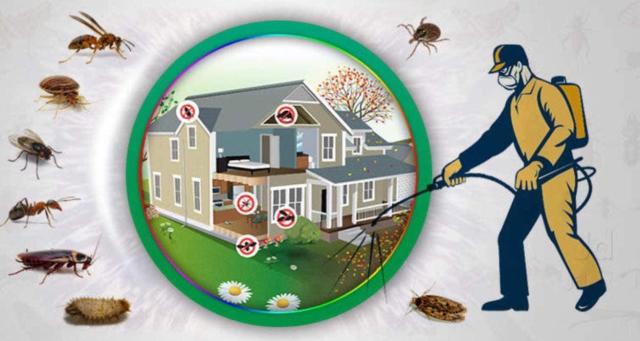Pest Control Auckland: Your Regional Specialists for Efficient Pest Administration
Wiki Article
Understanding Different Kinds Of Parasite Control Techniques and Their Efficiency
When thinking about insect control methods, it is crucial to comprehend the diverse strategies available and their varying levels of effectiveness. By discovering the nuances of these pest control methods, a comprehensive understanding of just how to attend to pest problems can be created.Chemical Bug Control Methods
Chemical insect control approaches play a pivotal duty in properly taking care of and eliminating pest invasions in numerous atmospheres. One of the crucial advantages of chemical insect control is its capacity to give quick and targeted services to pest issues. Pest Control Auckland.However, it is necessary to consider the possible threats and drawbacks connected with chemical parasite control approaches. Overreliance on chemicals can cause the growth of chemical resistance in insects, making them more difficult to control in the future. In addition, making use of certain chemicals can have dangerous impacts on non-target organisms, the setting, and human wellness if not used correctly.

Organic Bug Control Techniques
Making use of natural predators and microorganisms to handle parasite populaces properly, biological insect control techniques provide a environment-friendly and sustainable method to pest management. By advertising the activity or introducing of microorganisms that normally prey on or contaminate bugs, such as ladybugs for aphid control or specific microorganisms for caterpillar problems, biological control can help keep pest populations at workable degrees without the demand for synthetic chemicals. This technique is particularly beneficial for natural farming practices, as it prevents using possibly unsafe materials while keeping crop health.
Physical Parasite Control Approaches
While organic pest control approaches focus on harnessing all-natural predators and virus, physical pest control techniques make use of physical and mechanical obstacles to handle bug populations. These approaches are commonly thought about eco-friendly as they minimize making use of chemicals. Physical insect control includes strategies such as capturing, utilizing barriers like displays or internet, and literally eliminating pests from the area.Catches are commonly made use of in physical bug control to catch and eliminate pests like rodents and pests. These traps can be baited with food or scents to draw in the insects, leading them to an included area where they can be easily disposed of. One more physical approach is using obstacles such as screens, internet, or fencings to stop insects from going find here into or infesting specific locations. For example, mounting great mesh displays on windows can help stay out flies and insects.
All-natural Insect Control Approaches
Incorporating plant-based repellents and natural predators is a vital strategy in executing effective natural parasite control methods. By urging the visibility of advantageous pests like ladybugs, lacewings, or predative mites, gardeners can naturally regulate pest populaces. These killers prey on usual yard bugs such as termites, aphids, and caterpillars, assisting to maintain a balanced ecosystem without the demand for chemical treatments.
Moreover, executing social methods such as crop rotation, buddy planting, and preserving appropriate plant health and wellness can likewise improve the efficiency of all-natural bug control techniques. These methods not just assist in avoiding parasite invasions yet also advertise biodiversity and total environment strength. By integrating these all-natural techniques, people can successfully take care of insects while reducing environmental effect.
Integrated Pest Monitoring (IPM) Approach
Carrying Out an Integrated Parasite Management (IPM) strategy is necessary for effectively managing parasite populaces while lessening reliance on chemical pesticides. IPM is a thorough and lasting method that incorporates various parasite control methods to accomplish long-lasting options. This technique concentrates on control, avoidance, and monitoring to deal with bug problems in an eco pleasant fashion.IPM integrates biological, cultural, physical, and mechanical techniques with the critical and minimal use pesticides when needed. By highlighting positive procedures such as habitat adjustment, organic control, and exclusion, IPM intends to decrease insect populations and their effect on the environment. Routine surveillance is vital in IPM to assess bug degrees accurately and figure out the most appropriate control methods.
Among the essential check my reference advantages of IPM is its capacity to decrease the dangers related to extreme chemical use, such as environmental contamination and harm to non-target microorganisms. Additionally, IPM promotes a much more all natural technique to pest management by considering the total ecosystem dynamics. On the whole, the IPM strategy uses a efficient and lasting remedy for pest control while advertising environmental responsibility.
Verdict
In final thought, understanding the different types of parasite control techniques read the full info here and their efficiency is important in successfully taking care of pest invasions. Integrated Bug Monitoring (IPM) technique, which integrates numerous approaches for sustainable insect control, is progressively being acknowledged as a ecologically pleasant and all natural option.Chemical bug control techniques play a crucial role in successfully handling and getting rid of pest problems in numerous environments.Making use of all-natural killers and microorganisms to take care of parasite populaces effectively, biological insect control methods use a sustainable and environmentally friendly strategy to pest administration. By promoting the task or introducing of microorganisms that naturally prey on or contaminate parasites, such as ladybugs for aphid control or particular germs for caterpillar problems, biological control can help maintain parasite populaces at workable levels without the demand for artificial chemicals.While organic bug control approaches focus on harnessing all-natural predators and pathogens, physical bug control approaches utilize physical and mechanical obstacles to take care of insect populaces. Integrated Bug Management (IPM) approach, which incorporates various methods for sustainable bug control, is increasingly being identified as a environmentally pleasant and alternative remedy.
Report this wiki page